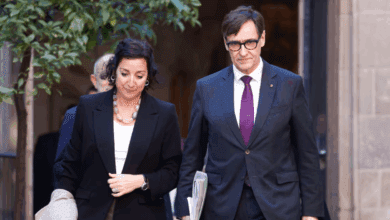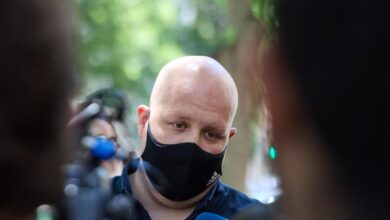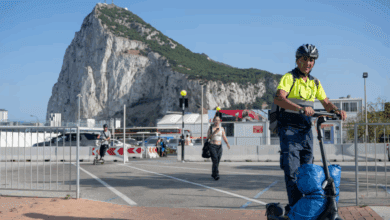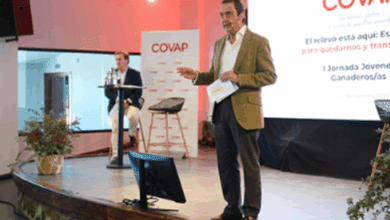
A new wave of controversy has erupted in Andalusia’s healthcare system after Carmelo Romero, a senator from the Partido Popular (PP), came under public scrutiny. His recent statements on local television sparked outrage among medical professionals and unions. The politician accused doctors and officials of failing to notify more than two thousand women about the need for screening, suggesting they should resign.
The response was swift. Representatives of medical organizations and unions strongly condemned the accusations, emphasizing that the responsibility for system failures lies with the regional leadership, not with frontline specialists. Doctors and their colleagues insisted that political decisions and management errors were to blame for the problems with mammography screenings.
Amid growing pressure, the senator recorded a video message expressing regret for his words. His apology was accepted by the professional community, although the fallout from the scandal lingered. Regional authorities also distanced themselves from the senator’s position: Antonio Sanz, Andalusia’s health chief, publicly backed medical workers and rejected the accusations against them.
Staff changes and efforts to restore trust
Amid escalating controversy, staff changes have taken place at the Virgen del Rocío Hospital in Sevilla. The director, who held the position during the mammography issues, has been dismissed. Silvia Pozo, renowned for her work with the AMAMA association—advocating for women facing delays in breast cancer diagnosis—has taken over the role.
Authorities see this move as an attempt to open dialogue with those affected and demonstrate a readiness for change. The new appointment is expected to build trust in the healthcare system and signal that issues are addressed head-on, not swept under the rug.
Political Fallout and Public Outcry
The scandal over the senator’s remarks sparked a wider debate—focusing on the relationship between politicians and the medical community. In Andalucía, discussions intensified over how criticism of the authorities might be used to pressure doctors, and where the line lies between political responsibility and professional ethics.
As a result of the incident, the Partido Popular was forced to rethink its communication strategy on healthcare. Public opinion sided with medical professionals, and the authorities had to respond swiftly to the criticism to avoid losing the trust of the region’s residents.











